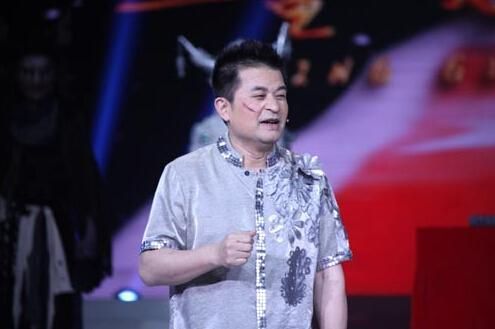Chinese TV anchor Bi Fujian has been taken off air after a video emerged of him criticizing Mao Zedong, the founder of modern China.
Bi Fujian was filmed singing a parody song in which he said Chinese people had suffered under Mao Zedong’s leadership.
CCTV said Bi Fujian’s comments had had a “serious social impact”, but many in China have defended him.
Mao Zedong, who led China through the Cultural Revolution and devastating famine, is the subject of much historical debate.
Bi Fujian hosts CCTV’s annual New Year variety show, the most-watched television program in the world.
In the video, filmed at a private banquet, Bi Fujian is seen singing a song from a Mao-era opera, Taking Tiger Mountain By Strategy.
He changes the lyrics to say “we’ve suffered enough” and calling Chairman Mao “that old son of a bitch”, prompting fellow guests to laugh.
Bi Fujian has been taken off air for four days, state media report.
CCTV said in a statement it would “seriously handle the matter in line with related regulations and based on careful investigation”.
The China Digital Times, which monitors Chinese media from abroad, reported that all websites had been ordered to take down the video and “stop hyping the story”.
Mao Zedong ruled China between 1945 and 1976, building a personality cult around himself and generating mass social upheaval to recreate the country.
He initiated the Great Leap Forward – an industrial revolution which resulted in massive famine killing tens of millions of people – and the Cultural Revolution, a crackdown on perceived bourgeois elements which led to mass imprisonments and executions, as well as the widespread destruction of China’s cultural history.
While China officially acknowledges there were faults in Mao Zedong era and the personality cult which surrounded him – generally he is seen as 70% good and 30% bad – he remains hugely respected, and insulting him and other leaders is a taboo.
Mao Zedong’s legacy is also growing in popularity among those who feel China has moved too far away from his communist ideals.
Commentators online and in the media were divided over whether Bi Fujian should be disciplined. Some argued that he was being punished because he is a public figure and that it was a sign of the lack of free speech in China.
